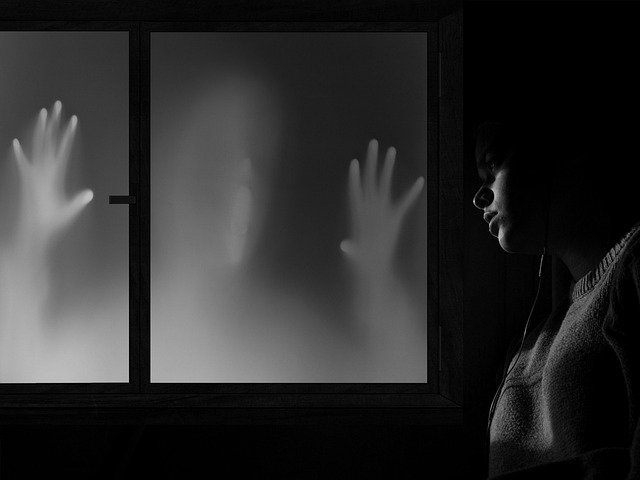 MA writes: “I have been hearing the phrase ‘shadow work’ a lot lately. What is it and is it something Catholics should avoid?”
MA writes: “I have been hearing the phrase ‘shadow work’ a lot lately. What is it and is it something Catholics should avoid?”
Shadow work is definitely rooted in New Age philosophy which is why Catholics should avoid involvement with this kind of therapy.
The concept was popularized by Swiss psychiatrist and psychoanalyst Carl Jung and is based on the idea that we all have parts of ourselves that we disdain or try to hide. Commonly referred to as our “dark side,” therapists such as Jennifer Sweeton, PsyD, MS, MA, believe exploring these “shadows” can provide important answers.
They claim it can help us to feel more whole or integrated as a person, improve our interactions with others, heal from generational trauma and learn healthier ways to meet our needs.
“You’re trying, through this work, to make a deeper connection to yourself and your soul to be a more complete version of yourself,” Sweeton told Healthline.
Shadow work typically involves exercises such as paying close attention to anything that causes strong emotions to arise, to areas of life where you overdo, to destructive thought patterns, to interactions that tend to deplete or elevate you.
What most people don’t know is that that this “more complete version of yourself” is just another version of “self-actualization,” which is a concept developed by Abraham Maslow, a pioneer of the New Age’s humanistic psychology. Maslow believed self-actualization is about becoming “everything you’re capable of becoming” by learning how to address a hierarchy of needs ranging from basic necessities of food, water and shelter, to personal safety, relationship needs, and the needs of self-esteem before we can achieve self-actualization.
This might sound benign, but it was actually the beginning of the very New Age obsession with ourselves and the glorification of the Self which is at the center of the Human Potential Movement.
In fact, the Church has specifically cited this movement as “the clearest example of the conviction that humans are divine, or contain a divine spark within themselves.” (Jesus Christ The Bearer of the Water of Life: A Christian reflection on the New Age, Section 4)
This is because, in the words of Catholic author, Gabriel Garnica, Maslow’s method is nothing more than “a GPS map for an obsession with self-needs,” which explains why there is never any mention of how sinful habits might be the cause of these dark sides in ourselves.
To become involved in shadow work is to open the door to New Age beliefs that are so antithetical to Catholicism they might actually lead us away from Christianity altogether. As Anne Marie McDonnell, Ph.D. writes. “The teachings of Christ focus on self-denial as one of the primary means of reaching one’s ultimate destiny, which is eternal salvation.” The teaching of Maslow and his partner, Carl Rogers, “emphasizes self-empowerment by encouraging individuals to center exclusively on their own inner desires, which often means rebelling against any type of authority figure, frequently resulting in a genuine disobedience to all legitimate forms of authority. Of course, with respect to the Catholic Church, authority refers to papal primacy and Magisterial teaching.”
Even more troubling is that shadow work is not confined to just the therapist’s couch. There are plenty of New Age practitioners out there who have jumped on this bandwagon and incorporate various non-Christian modalities into their shadow work, such as yoga, tarot, eastern meditation and various occult rituals.
“A big part of shadow work is owning your ‘shadow self,’ whether that’s through ritual, journaling, tarot, meditation, hypnotherapy, talking to a therapist, or a combo of all the above,” writes Gabriela Herstik for Cosmopolitan. (One of the “related” ‘articles linked to this column is “Get Witchy With These Full Moon Rituals”.)
At the risk of sounding too sophomoric, shadow work is indeed shadowy and Catholics would be far better off finding healing for their “dark side” either in the Sacraments if sin-related, or in Christian methods of counseling.
© All Rights Reserved, Living His Life Abundantly®/Women of Grace® http://www.womenofgrace.com









